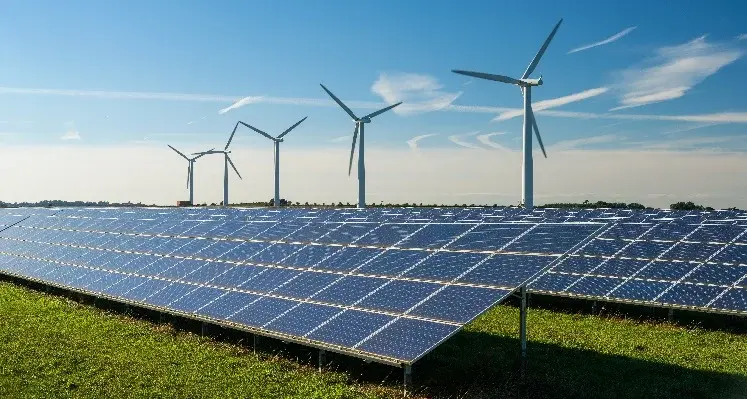Stuart Broadley, CEO of the Energy Industries Council (EIC), the global energy trade association, has warned that the energy sector is falling far short of ambitious net-zero targets
Broadley cited findings from the EIC's recent Net Zero Jeopardy Report, which reveals widespread scepticism among energy professionals. Nearly 90% of those surveyed doubt the feasibility of interim targets set for 2030 and 2035, largely due to a significant shortfall in orders for sustainable energy technologies including offshore wind, solar power, hydrogen, and carbon capture.
This scepticism underscores a growing gap between current industry reality and the ambitious net zero goals set by policy makers for 2030-35. The report does however find a more optimistic outlook for global 2050 net zero targets, where 45% of respondents still see prospects for success.
The report shows that 61% of surveyed executives stress the need for more investment and incentives to launch net zero projects, pointing to the high costs of green transitions and the importance of ensuring profitability for sustainability. Meanwhile, 45% cite unclear and inconsistent government policies as obstacles, advocating for stronger, more supportive regulations and international cooperation to foster a unified approach to sustainability, while 22% highlight supply chain and infrastructural limitations, noting the gap between current capabilities and the requirements for a full transition to net zero. The report sends a clear message for immediate, collaborative efforts led by strong governmental policies to drive sustainability.
Addressing the challenges outlined in the report in an exclusive interview with Malaysia’s Astro AWANI TV network, Broadley said that the current level of business engagement in technologies aligned with net-zero targets is "much lower than anticipated and insufficient to meet the targets countries have set for themselves."
Contrast in funding across different sectors
He also noted a stark contrast in funding across different sectors. Whilst around 50% of new nuclear projects have secured financing, less than 6% of offshore wind projects and only around 3% of projects in hard-to-decarbonise sectors like hydrogen production and carbon capture have received funding. He said the law rate of financing for wind was “a damning outcome for what is seen globally as one of the easier technologies to implement for achieving net-zero.”
Broadley highlighted the importance of international cooperation and learning from the successes of others, such as the UK, which has significantly reduced its carbon emissions through decades of dedicated effort. He concluded that collaboration and trade are crucial for a unified global approach to addressing these formidable challenges.
The EIC is a global trade association for the energy supply chain with a worldwide membership of over 900 companies covering all energy sectors.










